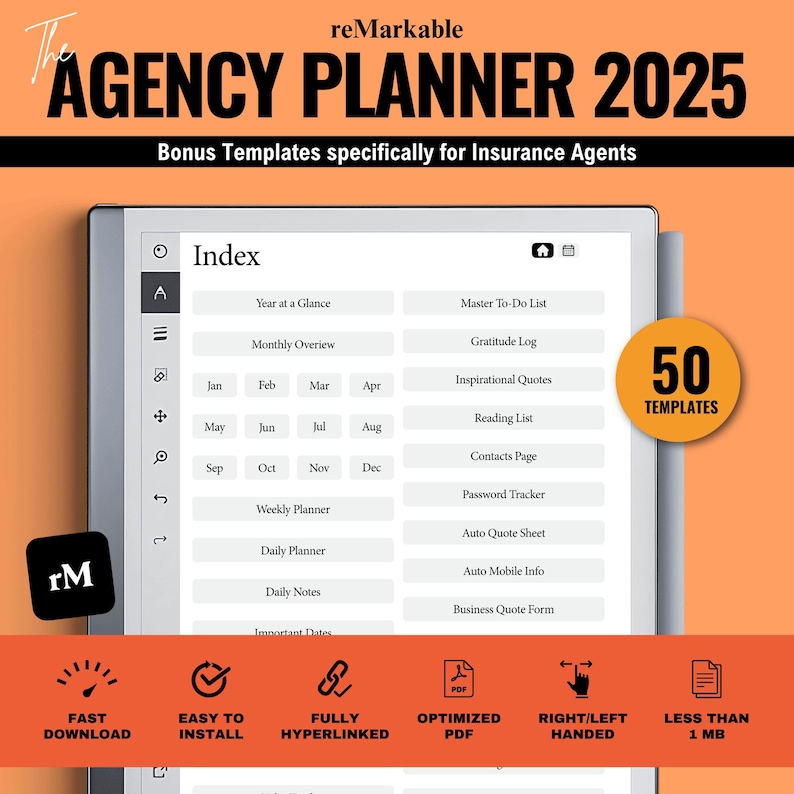When it comes to managing our finances, insurance premiums can sometimes feel like an unavoidable burden. Whether it’s health, auto, or home insurance, finding ways to ease that monthly cost can make a real difference in our budgets—and peace of mind. But qualifying for lower premiums isn’t just about luck or luck or luck—it’s about understanding the factors at play and making thoughtful choices. In this article, we’ll gently explore practical tips that truly help you qualify for lower premiums, so you can feel a little lighter on your shoulders while keeping the coverage you need. Let’s dive in together and discover some simple steps that could save you more than just money.
Table of Contents
- Understanding the Key Factors That Influence Your Premiums
- Building a Healthier Lifestyle to Reduce Insurance Costs
- Choosing the Right Coverage Without Overpaying
- How Regular Reviews and Comparisons Can Save You Money
- Final Thoughts
Understanding the Key Factors That Influence Your Premiums
One of the most important elements affecting your insurance premiums is your personal profile. Insurers look closely at factors like your age, driving history, and credit score to assess risk. For example, younger drivers or those with previous claims might see higher rates due to increased risk perception. Additionally, the type and age of the vehicle you insure can play a significant role—newer or high-performance cars often come with steeper premiums. Understanding these personal elements helps you identify which areas you can influence to potentially lower your costs.
Another critical dimension lies in the policy details and coverage choices. Factors such as the coverage limits, deductibles, and even your location contribute heavily to pricing. Selecting higher deductibles can reduce monthly premiums, but it means accepting more out-of-pocket expenses during a claim. Similarly, living in a low-crime area or bundling your insurance policies often earns you discounts. Being strategic about what you include in your policy and where you live are often overlooked ways to make a meaningful impact on your premium.
- Maintain a clean driving record by avoiding accidents and tickets.
- Bundle insurance policies like home and auto for discounts.
- Consider higher deductibles if you can afford upfront costs during claims.
- Regularly compare insurance providers to find more competitive rates.
Building a Healthier Lifestyle to Reduce Insurance Costs
Embracing daily habits that nurture your body and mind can significantly impact your insurance premiums. Insurers often reward individuals who demonstrate commitment to maintaining good health, interpreting these behaviors as signs of lower risk. Simple changes, like incorporating regular physical activity, choosing nutrient-dense foods, and managing stress effectively, go beyond wellness—they can directly contribute to more affordable insurance rates. These lifestyle adjustments not only enhance your quality of life but also paint a favorable picture for insurance providers evaluating your health profile.
To foster sustainable changes, consider implementing these key strategies:
- Stay Active: Aim for at least 150 minutes of moderate exercise weekly to boost cardiovascular health.
- Prioritize Nutrition: Choose whole grains, lean proteins, and plenty of fruits and vegetables to support immunity and energy.
- Regular Health Screenings: Early detection of issues can lead to proactive management, a factor insurers value.
- Quit Smoking: Tobacco cessation dramatically lowers health risks and can reduce premiums quickly.
- Manage Stress: Techniques like meditation or yoga improve mental well-being, influencing overall health positively.
By embedding these actions into your routine, you not only invest in your long-term wellness but also build a solid case for discounted insurance premiums.
Choosing the Right Coverage Without Overpaying
When selecting insurance coverage, it’s crucial to strike a balance between adequate protection and cost-effectiveness. Start by assessing your actual needs—consider factors like lifestyle, health status, and financial obligations. Avoid the temptation to purchase excessive policies “just in case,” as this often leads to unnecessary expenses. Instead, focus on key coverages that align with your life’s priorities. This approach not only safeguards your wellbeing but also prevents your monthly premiums from spiraling out of control.
To get the most value from your plan without compromising on security, explore options such as:
- Increasing deductibles carefully to lower premium payments, provided you can afford higher out-of-pocket costs if needed.
- Bundling policies like auto and home insurance for insurers’ multi-policy discounts.
- Regularly reviewing and updating your coverage to reflect major life changes and eliminate outdated or redundant protections.
- Leveraging wellness programs and maintaining good credit scores to unlock preferential pricing.
How Regular Reviews and Comparisons Can Save You Money
Consistently revisiting your insurance policies and comparing them with other available options can be a game-changer in managing your expenses. Premium rates fluctuate due to market trends, personal circumstances, and evolving coverage options. By setting aside time every six months or annually to review your plans, you position yourself to catch better deals or discounts that may have become available. This proactive approach not only helps you avoid overpaying but also ensures your coverage remains aligned with your current needs.
Consider these practical steps to maximize your savings:
- Gather quotes from multiple providers to gauge competitiveness.
- Evaluate if bundling different types of insurance could reduce costs.
- Check for new discounts related to life changes, like a safe driving record or home security upgrades.
- Assess if adjusting deductibles affects premiums beneficially without compromising coverage.
By adopting this habit of regular assessment and comparison, you embrace a smart financial strategy that can lead to more affordable premiums while maintaining proper protection.
Final Thoughts
Qualifying for lower premiums doesn’t have to feel overwhelming. With a little patience, some thoughtful planning, and the right information, you can take meaningful steps toward easing the financial burden of insurance. Remember, it’s not about cutting corners but making informed choices that truly reflect your needs and circumstances. Keep these tips close, stay proactive, and don’t hesitate to seek guidance when needed. Your peace of mind—and your wallet—will thank you for it. Here’s to smarter, kinder premium choices moving forward!






